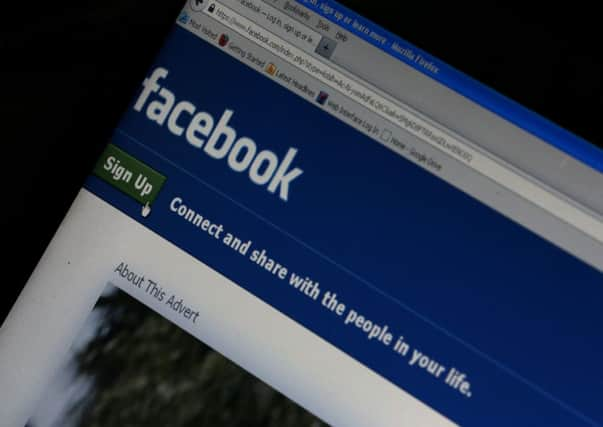Cameron fury as Facebook lifts ban on beheadings


The Prime Minister said the social network must explain its decision to allow images showing decapitations to “worried parents”.
Facebook has said users should be free to view such videos and then condemn the content.
Advertisement
Hide AdAdvertisement
Hide AdMr Cameron wrote on Twitter: “It’s irresponsible of Facebook to post beheading videos, especially without a warning. They must explain their actions to worried parents.”
Facebook introduced a temporary ban on such videos in May but has since decided to remove the block on the grounds that the site is used to share information about world events, such as acts of terrorism and human rights abuses.
The company insists, however, that its approach would be different if the actions in the footage were “encouraged” or “celebrated”.
Its new rules specify that videos and photos will be removed if they “glorify violence”.
Advertisement
Hide AdAdvertisement
Hide AdStephen Balkam, a member of the Facebook safety advisory board, urged the company to rethink the change in its policy.
He told Sky News: “They have some very strict rules about nudity, about sex and even about violence too.
“I just think in this case they really need to rethink how they use and how they adopt their own policies.”
A Facebook spokeswoman said: “Facebook has long been a place where people turn to share their experiences, particularly when they’re connected to controversial events on the ground, such as human rights abuses, acts of terrorism and other violent events.
Advertisement
Hide AdAdvertisement
Hide Ad“People are sharing this video on Facebook to condemn it. If the video were being celebrated, or the actions in it encouraged, our approach would be different.
“However, since some people object to graphic video of this nature, we are working to give people additional control over the content they see. This may include warning them in advance that the image they are about to see contains graphic content.”
Dr John Baptista, associate professor of information systems at Warwick Business School, said: “It is impossible to create rules for everything on the web, so I mostly believe in self-regulation based on common sense and guiding principles.
“This relies on companies like Facebook being sensible and responsible, however in this case sadly I think Facebook is late in responding to feedback and it is very disappointing to see them not being proactive in addressing a serious issue such as this.
Advertisement
Hide AdAdvertisement
Hide Ad“I hope they do take the feedback seriously and respond positively.”
The Prime Minister was criticised by some Twitter users for stating that Facebook posts videos when it is users who actually put the footage on the site.
Mr Cameron’s official spokesman said: “I think the Prime Minister has a Facebook account, from memory.”
Asked if it was a personal account, he replied: “It’s his Facebook account.”
“The Prime Minister’s view is that they (the videos) shouldn’t be there so I think he does think that the company should address this problem,” he added.